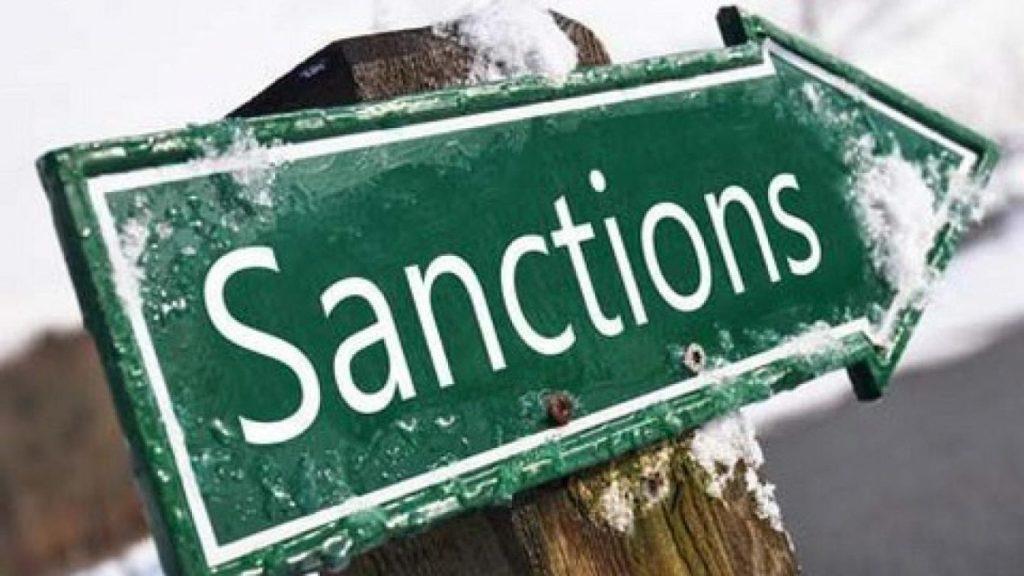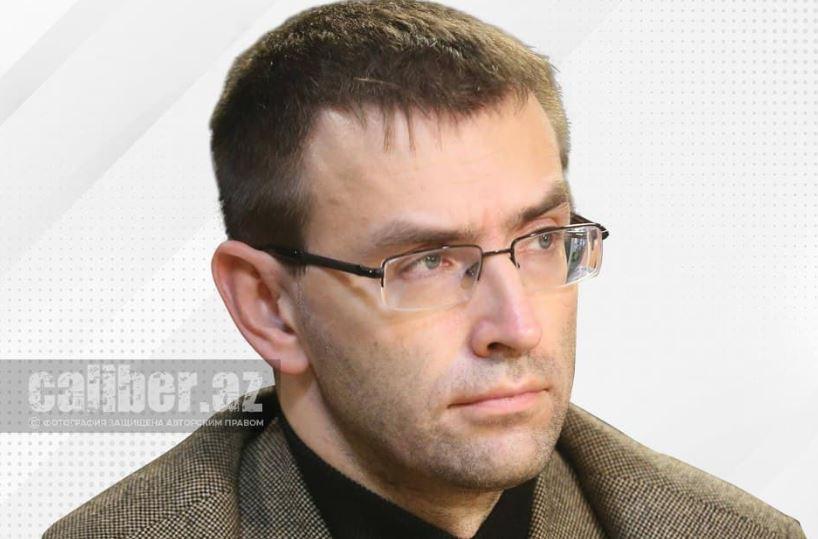United against the West: North Korea supports Russia's invasion of Ukraine Kim Jong-un to the rescue
The Russian media is actively discussing the most "important" news of the week: the recognition by North Korea of the independence of the so-called "DPR" and "LPR". Pyongyang took a concrete step in support of Russia after five months since it began its military operations in Ukraine. Why did this happen now, what prevented the DPRK leadership from making this serious political decision earlier, and what are Pyongyang's interests in this far-flung coal region?
Let's try to figure it out. Russia, as we know, recognized the independence of the "LDPR" on February 21, on the eve of the invasion of Ukraine. At that time, this decision of the Russian leadership was supported by the equally "partially recognized" separatist regions of Georgia - South Ossetia and Abkhazia, as well as Syria and the Husi movement in Yemen. To all appearances, Moscow was counting on its closest allies, especially Belarus. However, the leadership of the latter said it "respects and understands" Russia's decision, but it did not say whether Minsk was ready to follow Moscow's example. The Belarusian Foreign Ministry limited itself to the politically correct statement with weighty arguments and facts, preventing the adoption of a similar decision by the country's leadership.
"This step by Russia has not only a political, but also a serious human, humanitarian meaning, considering the number of Russian citizens living in the given territories and experiencing deprivation for almost eight years," Minsk stressed as an overture to Moscow.
Apparently, Russia's sudden recognition of the Donbass "republics" and Russia's subsequent "special operation" in Ukraine came as an unpleasant surprise not only to Russia's CSTO allies but also to all regional actors. This may be the reason why the Belarusian leader, during his meeting with the Russian president in February, promised that the issue of recognition of the self-proclaimed "DPR" and "LPR" would be resolved jointly with Russia. But for five months now, Lukashenko's government has been carefully avoiding direct involvement in this war, while skillfully maneuvering with its closest ally. So, on the whole, the policy of Belarus is relatively clear. As for the position of North Korea, there are indeed many open questions.
De facto and de jure North Korea has become the third UN country to officially recognize the "republics" of Donbass. Meanwhile, there are very few points of contact between the Russian Federation and the DPRK. Geographically, the shortest section of the state border of the Russian Federation is the border between the Russian Federation and the DPRK. And all this border stretches along the water - the river and the sea - and in total does not exceed 40 kilometers. As for bilateral interaction, it is known that relative activation occurred in 2000, after the sharp decline in relations in 1991, during the collapse of the Soviet Union. Before that time, the DPRK and the USSR had an agreement on economic and cultural cooperation signed in 1949. In 2012, the parties signed an agreement to develop economic cooperation.
The economy as the dominant factor in relations
Russia has been a traditional trade and economic partner of the DPRK since the Soviet era, with mineral and food products and agricultural raw materials forming the basis of its exports. According to official figures for 2019, the Russian Federation has become the main supplier of petroleum products to North Korea. Meanwhile, the vector turned toward Southeast Asia around the time of the "Crimean spring" and the events that followed, in particular Western sanctions. At that time (2014-2015), Russia's diplomatic activity toward the DPRK also increased to a certain extent. But if before 2014 the trade turnover between these countries fluctuated at the level of $100-150 million, by 2017 this figure dropped to $77.9 million. Meanwhile, a rather mutually beneficial area of bilateral economic cooperation is the use of labor force of DPRK to cover the shortage of labor resources in a number of Russian regions, mainly in Siberia and the Far East. Therefore, the implementation of some Russian investment projects is connected with the attraction of North Korean migrants. According to the latest data, in 2015-2016 more than 40 thousand temporary labor migrants from North Korea worked in Russia. In recent years, however, due to the coronavirus pandemic, this figure has dropped significantly.

Sanctions as a factor of discord
Russia's financial and investment projects with the DPRK have been frozen since March 2016, when Moscow supported UN Security Council sanctions over the DPRK's nuclear tests.
International sanctions have severely undermined bilateral economic relations, leading to a significant drop in trade between the two countries. Since the first successful North Korean nuclear test (since 2006) the DPRK has been under international sanctions and is in complete isolation from the outside world. However, Russia, which has also been under Western sanctions since 2014, does not support North Korea's nuclear weapons test or oppose the international sanctions imposed on it. On the contrary, Moscow has supported UN Security Council resolutions imposing tough economic sanctions on the DPRK. However, as a result of this policy, Moscow's plans to expand trade and investment cooperation with Pyongyang have been seriously undermined.
According to a number of experts, until recently Russia's relations with the DPRK were more dependent on the foreign policy situation. Moscow, unlike Beijing, has no leverage over Pyongyang, so analysts believe that active Russian interference in North Korean politics could provoke a conflict of interest with China, which is also the main sponsor of the North Korean regime. And here it is likely that Russia prefers rapprochement with China, which has its own interests in the DPRK.
As for the current position of the DPRK in supporting Russian policy in Ukraine, according to Sergei Balmasov, Russian political analyst and expert at the Institute of the Middle East, there are several factors that contributed to Pyongyang's decision to support Kremlin policy on the issue of recognition of the "republics" of Donbass.

According to the Russian analyst, firstly, this is due to the fact that the DPRK considers the West an ideological enemy, a clash with which can and may resume at any time. Second, the DPRK needs Russian food, energy resources, and hypersonic weapons, and hopes to get samples of military equipment seized by Russia in Ukraine to study. Third, Pyongyang expects to make money from rebuilding Donbass, sending hundreds of thousands of its workers to do so, and even offers to test its missile and missile defense equipment in combat conditions in Ukraine under the guise of the "LDPR".
"The support of its allies, Russia and China, guarantors of security, lies in the DPRK's votes on anti-Russian resolutions at the UN General Assembly. Accordingly, the policy here is clear, no twists and turns. The fact that on March 2, DPRK, among five countries, voted against anti-Russian resolutions on Ukraine confirms that the essence of Pyongyang's actions is determined by the fact that the US and the West are existential enemies with whom a compromise is impossible," Balmasov told Caliber.Az.
Meanwhile, according to Alexei Nezhivoy, head of the Russian Laboratory of Political and Social Technologies, the DPRK is looking for allies against the West, which does not recognize it.

"This action (Pyongyang's recognition of the "DPR-LPR," - ed.) may be caused by information about China's impending operation against Taiwan. Two such allies are very good, especially since in case of a conflict with the West, North Korea will definitely fall under its military influence. I believe an anti-Western world coalition is being formed. Especially since North Korea has nuclear weapons and, I think, hopes to deal with Seoul on the sidelines of a conflict. In return, North Korea expects from Russia military aid, food, and access to the Russian market," Aleksei Nezhivoy told Caliber.Az.
Thus, we can conclude that the factor of confrontation between Russia and the West was the main trigger for the rapprochement of North Korea and Russia. Apparently, this is why Pyongyang decided to support the Kremlin's policy in Ukraine, albeit five months after the start of the war. According to the principle, so to speak, "better late than never".








